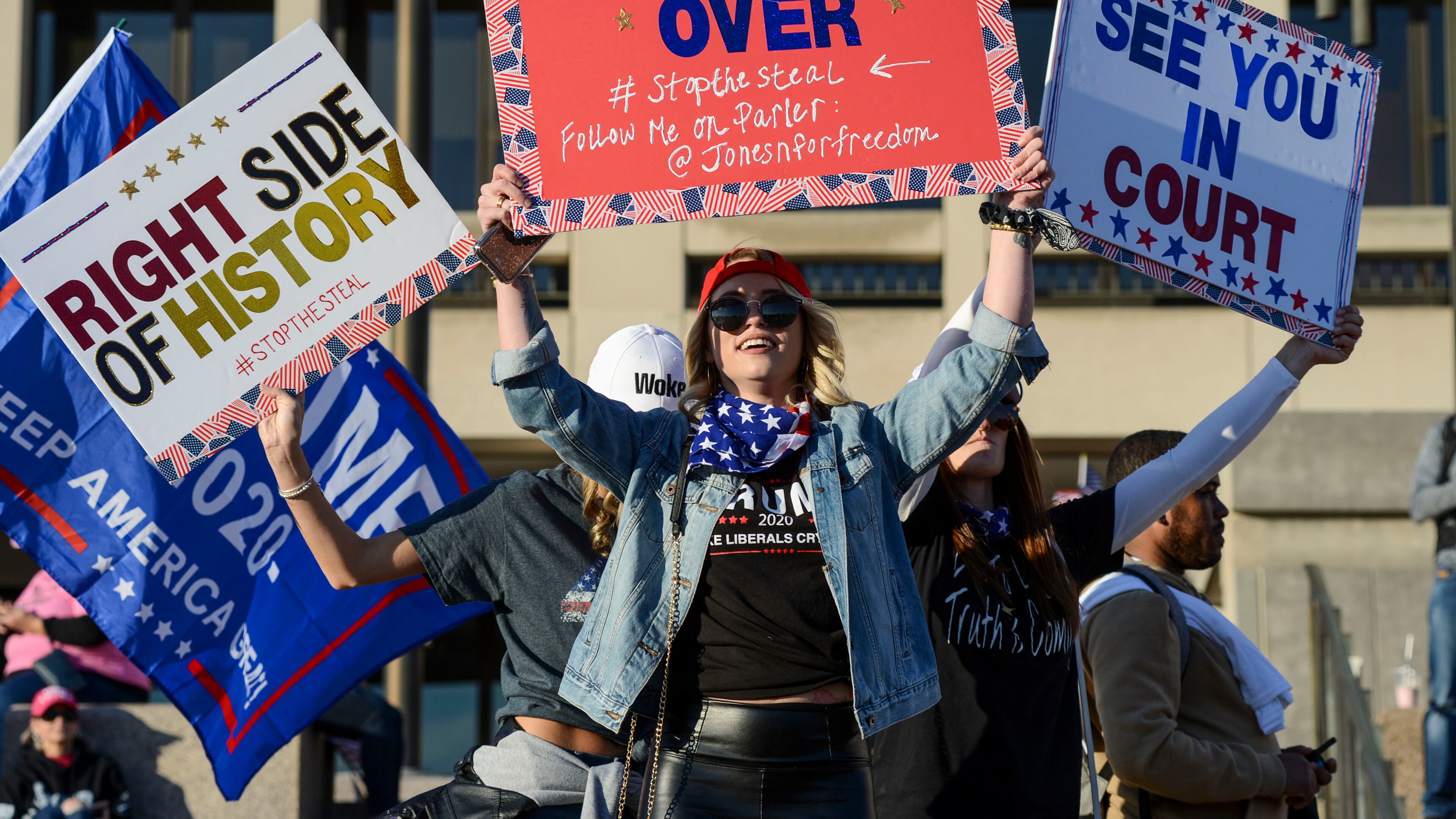Georgia House panel examines social media bans on content, users like Trump

A national movement to limit social media platforms’ ability to remove content and users made its way to a Georgia House panel hearing on Thursday, though it’s unclear what state conservatives can do about it.
The House Science and Technology Committee held the first of what the panel’s chairman, Acworth Republican state Rep. Ed Setzler, said will be a handful of hearings studying what state governments can do to punish internet companies that ban users for comments that are made.
“Tech platforms are forums for speech,” Setzler said. “The broader question is how can we maintain a vigorous environment where speech can flourish?”
Republicans across the country have questioned the decision of technology companies — such as Facebook and Twitter — to block certain posts or suspend users over the past few years.
But the issue picked up steam earlier this year when those platforms banned the accounts of now-former President Donald Trump. The platforms banned him for violating their terms of service when they said he used his accounts to incite violence and disseminate conspiracy theories about the election and the Jan. 6 insurrection at the U.S. Capitol.
“We are here, in my personal opinion, because Facebook and Twitter have limited President Trump,” said state Rep. Mary Margaret Oliver, a Decatur Democrat. “This is political discussion.”
Thursday’s hearing featured testimony from the Heartland Institute, a conservative think tank that has supported measures that punish social media companies that ban politicians, including a new Florida law that fines online platforms that do so.
The heart of the issue is whether state governments have the ability to tell private companies how they regulate their online platforms.
James Taylor, president of the Heartland Institute, said social media platforms — or “technology cartels,” as he referred to them — have assumed the role of a town square in the 21st century.
“The First Amendment protection on free speech ... is an embodiment of rights that cannot be taken away by any entity, whether that be a government entity or a private entity,” Taylor said.
Taylor likened the government stepping in to regulate tech companies with the federal Civil Rights Act.
“The federal government said, ‘This isn’t something that private enterprise should be able to do on their own terms and conditions,’ ” he said.
Several Democrats said they were “disgusted” at the comparison of using Facebook to Black Americans being denied services at public accommodations in the 1960s.
“Does the Civil Rights Act protect free speech and expression of ideas, or is it more about who you are inherently?” asked state Rep. David Wilkerson, a Powder Springs Democrat. “We’re talking about two different things.”
Setzler said he plans to hold additional hearings over the summer.
“I’d like us to be able to say, ’Is there an issue that needs to be addressed and then how would we do it?’ ” Setzler said.



